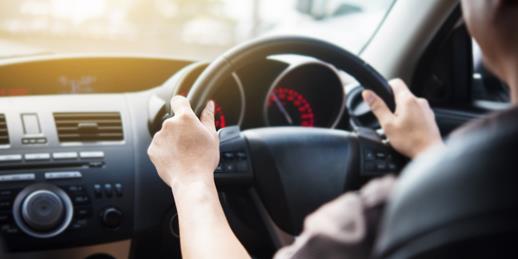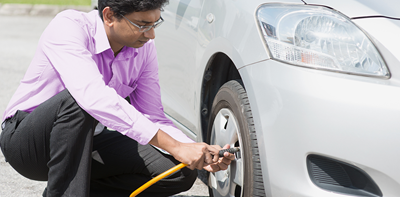
Motorists are misinterpreting car tech that’s there to help them as technology that can take over, a new study reveals.
New cars are packed with an incredibly impressive range of technology. Systems do everything from controlling headlights and wipers, to maintaining a safe distance from the car in front on motorways. Research has found drivers are falsely assuming that this latter type of technology means they can switch off behind the wheel.
The #TestingAutomation study, commissioned by Thatcham Research, Euro NCAP and Global NCAP, found seven out of every 10 (71%) drivers believe you can purchase a self-driving car today, even though there is no car on sale anywhere in the world that is fully autonomous. Worryingly, it also found that more than one in 10 (11%) said they would be tempted to have a nap while using ‘highway assist’ systems such as adaptive cruise control.
The dangers of over relying on such systems have been dramatically highlighted in this video by Thatcham Research:
Alert, vigilant drivers
Some of the confusion is caused by marketing cars in a way that leads drivers to believe they can relinquish control, according to Matthew Avery, director of research at Thatcham Research. He says, “Our message is that today’s technology supports the driver. It is not Automated Driving and it is not to be relied upon at the expense of driver attentiveness. The driver is in control and must always remain alert. If used correctly Highway Assist systems will improve road safety and reduce fatalities, but they won’t if naming and marketing convinces drivers that the car can take care of itself.”
Launched alongside the study is a series of assessments by Euro NCAP of 10 cars that all offer advanced driver assistance systems. The assessments provide a detailed breakdown of the ability of each model’s assistance technology. They will help inform motorists about the strengths and limits of the impressive technology these cars come with.
Tim Marlow, head of autonomous and connected vehicle research at Ageas, said, “We welcome the release of the #TestingAutomation study and the assessments of Highway Assist systems on these initial 10 cars, which highlights the differences in their operation.
“There are signs that manufacturers are beginning to reduce their reference to autonomous and semi-autonomous systems. This will help create an environment in which these systems are used properly and so have the potential to reduce accidents and deaths and injuries.”
To read more about road safety go to Solved.

